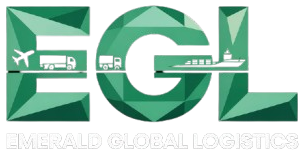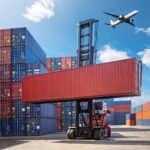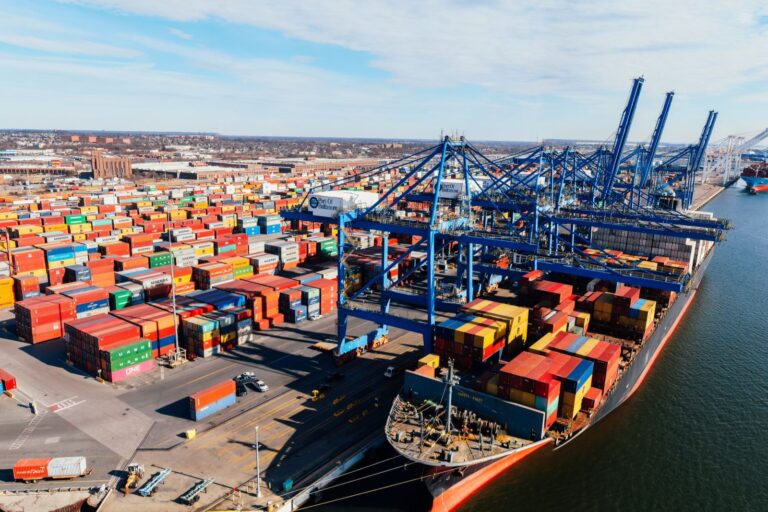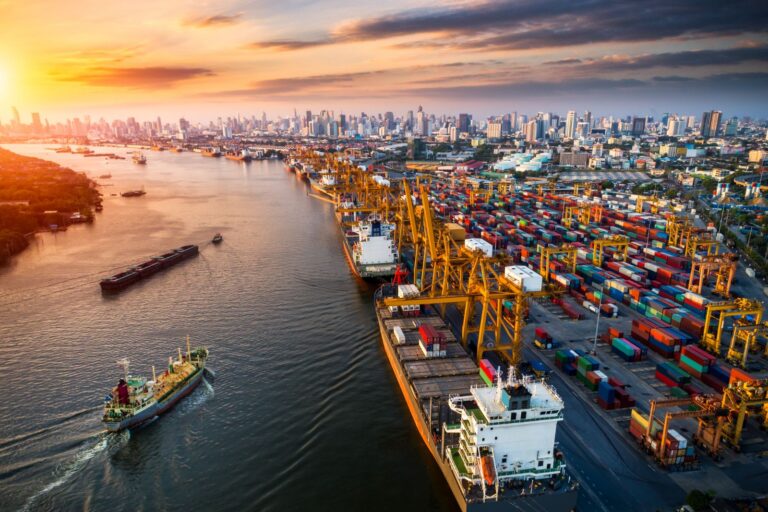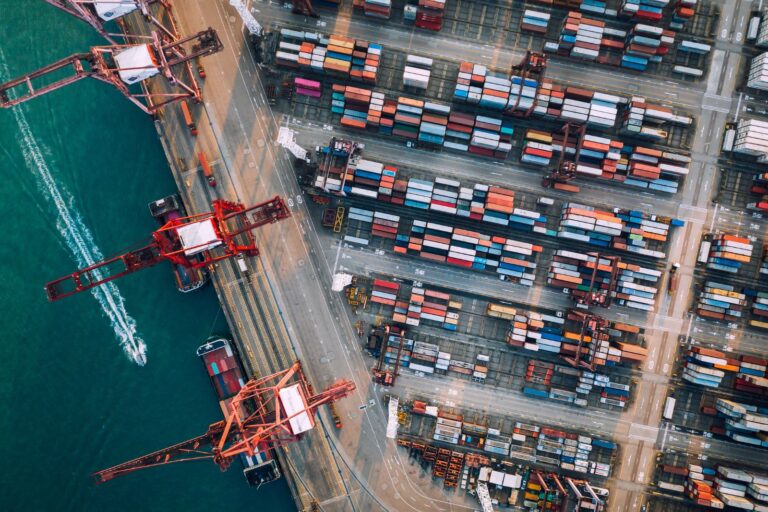In today’s fast-paced global market, businesses face numerous challenges when transporting goods efficiently. Managing carriers, coordinating shipments, and ensuring compliance with regulations can be overwhelming. Many companies struggle with delays, unexpected costs, or logistical errors, which can impact customer satisfaction and profitability.
This is where a logistics broker comes into play. But what is a logistics broker exactly? A logistics broker is a professional or company that connects shippers with transportation providers, ensuring goods move efficiently from origin to destination. They act as intermediaries, handling contracts, negotiations, and coordination to streamline supply chains.
At EGL – Emerald Global Logistics, we provide comprehensive logistics brokerage services across Australia, offering businesses tailored solutions to manage freight, reduce costs, and ensure timely deliveries.

Benefits & Advantages of Using a Logistics Broker
Using a logistics broker provides several advantages for businesses:
- Access to Carrier Networks: Brokers have connections with multiple carriers, offering flexibility and competitive rates.
- Cost Efficiency: Negotiated rates and consolidated shipments help reduce transportation expenses.
- Time-Saving: Brokers manage scheduling, documentation, and carrier coordination, freeing your resources.
- Risk Mitigation: Experienced brokers handle insurance, compliance, and customs requirements.
- Custom Solutions: Tailored logistics plans suit specific industries, cargo types, and delivery needs.
How a Logistics Broker Works
Step 1: Understanding Shipping Needs
The broker begins by assessing your cargo, delivery timelines, and special requirements. This includes the type of goods, origin, and destination.
Step 2: Carrier Selection & Negotiation
They match your shipment with reliable carriers based on cost, capacity, and transit time. Brokers negotiate rates and ensure contracts meet your requirements.
Step 3: Documentation & Compliance
A logistics broker manages all necessary paperwork, such as:
- Bills of Lading
- Shipping Instructions
- Customs Declarations
- Export/Import Licenses
This ensures smooth cross-border shipping and avoids delays.
Step 4: Shipment Coordination
The broker monitors the shipment, liaises with carriers, and handles any disruptions during transit.
Step 5: Delivery & Follow-Up
Once the cargo reaches its destination, the broker confirms delivery, resolves discrepancies, and provides post-shipment reports.
At EGL, our logistics brokerage services provide end-to-end support, ensuring businesses can focus on growth while we handle the complexities of transportation.
Costs and Pricing Insights
Pricing for logistics broker services depends on:
- Shipment Size & Weight: Larger or heavier cargo can increase costs.
- Mode of Transport: Air freight is more expensive than sea or road transport.
- Distance & Destination: International shipments have additional fees like customs duties.
- Service Level: Full-service brokerage with tracking, insurance, and handling costs more than basic coordination.
Despite costs, brokers often save money overall by negotiating rates and avoiding delays or penalties.
Tips & Best Practices
- Choose an Experienced Broker: Look for industry expertise and carrier networks.
- Provide Accurate Information: Incorrect shipment details can lead to delays and fines.
- Track Your Shipment: Ensure real-time updates to monitor progress.
- Plan Ahead: Schedule shipments in advance for peak seasons or high-demand routes.
- Communicate Clearly: Maintain open communication with your broker for quick problem resolution.
Common Mistakes to Avoid
- Selecting a broker solely based on price.
- Failing to provide detailed shipment information.
- Ignoring insurance and risk coverage.
- Not understanding brokerage fees and charges upfront.
- Assuming all brokers handle customs and documentation equally.
Use Cases of Logistics Brokers
- E-commerce Retailers: Shipping products nationally or internationally efficiently.
- Manufacturers: Managing complex supply chains for raw materials and finished goods.
- Automotive Industry: Transporting vehicles and spare parts worldwide.
- Perishable Goods: Coordinating temperature-controlled shipments for food or pharmaceuticals.
EGL offers tailored brokerage solutions for businesses of all sizes, helping them optimise logistics and reduce operational stress.
FAQs: What Is Logistics Broker
1. What does a logistics broker do?
- They connect shippers with carriers and manage transportation efficiently.
2. Is a logistics broker different from a freight forwarder?
- Yes. Brokers arrange and negotiate transport, while forwarders may handle cargo and customs directly.
3. How do logistics brokers save money?
- By negotiating rates, consolidating shipments, and optimising routes.
4. Can logistics brokers handle international shipments?
- Absolutely. Experienced brokers manage cross-border documentation and compliance.
5. Do I need a broker for small shipments?
- Even small shipments can benefit from brokers’ network access and cost savings.
Conclusion
A logistics broker is a crucial partner for businesses navigating complex shipping networks. They provide expertise, reduce costs, manage compliance, and ensure smooth transit from origin to destination. By working with a trusted provider like EGL – Emerald Global Logistics, companies can focus on growth while leaving logistics management to professionals.
If you’re ready to streamline your supply chain and ensure efficient deliveries, contact EGL today for expert logistics brokerage services.
